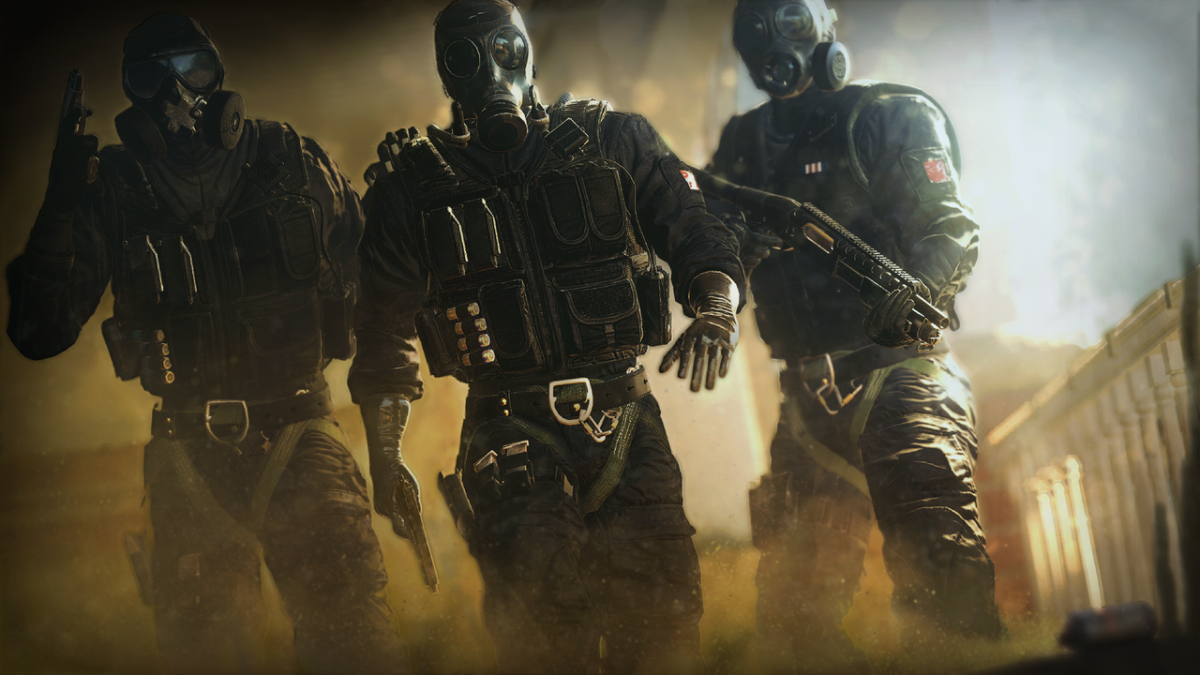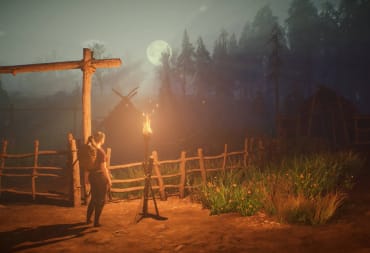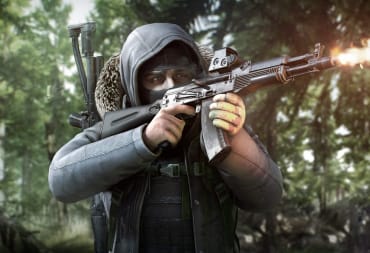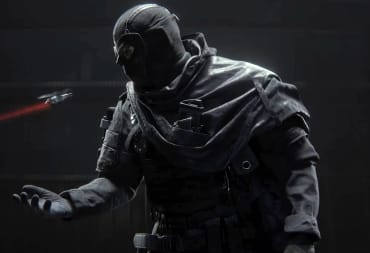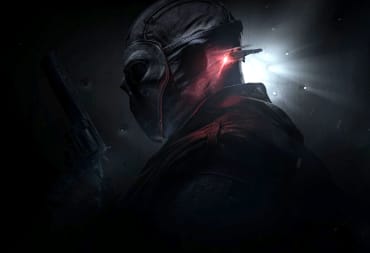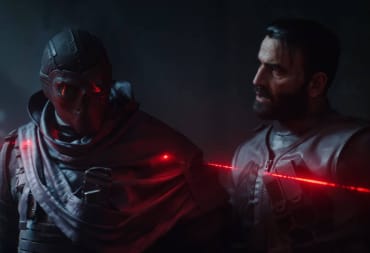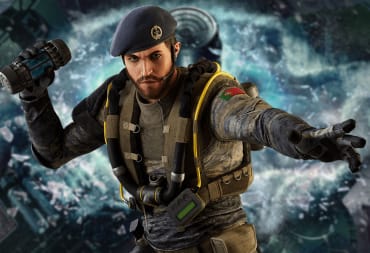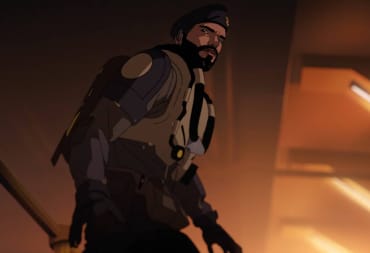On paper, Rainbow Six Siege sounds like an average to below average game that would fizzle out after a couple months for a whole host of reasons. After all, Siege is a full price game that has no notable singleplayer element to speak of, it has a relatively steep learning curve that would push away casual players, and it's developed by Ubisoft, a company that has had a rather hit and miss success rate with their games over the past couple of years. It certainly didn't help that the game was plagued by all sorts of problems when it was first released, some of which were quite game-breaking. Indeed, it was almost a laughable notion that Siege would become Ubisoft's premiere Esports game given that the most basic and important feature of the game, hit registration, was held in rather low esteem by the game's audience.
Yet, despite all odds, Rainbow Six Siege grew to earn a respectable playerbase of 25 million players. Siege may be two years old at this point, but Ubisoft has plans to support the game for at least another year, and with no obvious sign that a sequel is on the way, it is quite possible that Ubisoft intends to keep supporting Siege for quite a while. Plans can always change of course, but if everything goes according to schedule, Siege fans can rest easy knowing that a game that they enjoy will have at least one guaranteed year of support and new content. Needless to say, this is a boon for the game's short-term health. So long as the playerbase is content and confident that their game isn't going to be abandoned any time soon, then there's not going to be much (other than a better game) that will stop the Siege train from chugging along.
Had Rainbow 6 Siege came out just a few years earlier however, it's quite possible that things could've went quite differently for one of the few tactical shooters on the market. In fact, you could even say that the only reason that Siege still exists is because the game has received no small number of significant updates since its release. Constant updates may not be an exclusive feature to the modern generation of games, but it certainly enabled many modern games to thrive and meet the ever-changing demands of players, especially now that distributing an update is such a relatively easy thing to do. Thanks to Ubisoft's efforts in updating and patching Siege, virtually every interior and exterior lighting problem that initially made the game rather frustrating to play has been fixed, strange hit registration is no longer a running joke, countless smaller annoyances (including a fair number of balancing issues) have been addressed, and there are some dozen or so new and rather unique Operators to play as to top it all off, making claims that Siege is an "Esport ready game" less laughable than it once was.
Naturally, getting Rainbow 6 Siege to such a point was no easy task, and it would be rather disingenuous to say that there were no speedbumps along the way. The most recent and perhaps most memorable example of this was Operation Health, a huge push by Ubisoft to fix some of the game's most longstanding and egregious problems. In theory, it sounded like a great idea at the time; after all, Siege fans had endured crazy lighting effects and dubious deaths via network issues and hit registration shenanigans for a bit over a year by then, and a couple more months of waiting so that Ubisoft could fix such problems was nothing by comparison. As it turned out, however, the development and deployment of Operation Health's series of updates created a situation whereby the release of two new Operators was delayed by months (Zofia only recently got released alongside the South Korean Operators) and a new map was completely canceled. On top of that, for whatever reason, a number of existing maps were being completely removed from the game, which obviously caused quite an uproar among Siege's audience. Events like Operation Health, even if it proved to be beneficial for the game's long-term well-being, shook player confidence to a critical degree as many understandably questioned Ubisoft's competency and intent in keeping Siege alive, and it exposed a great deal about Siege's underlying, and in some cases, preventable and perhaps self-inflicted, faults.
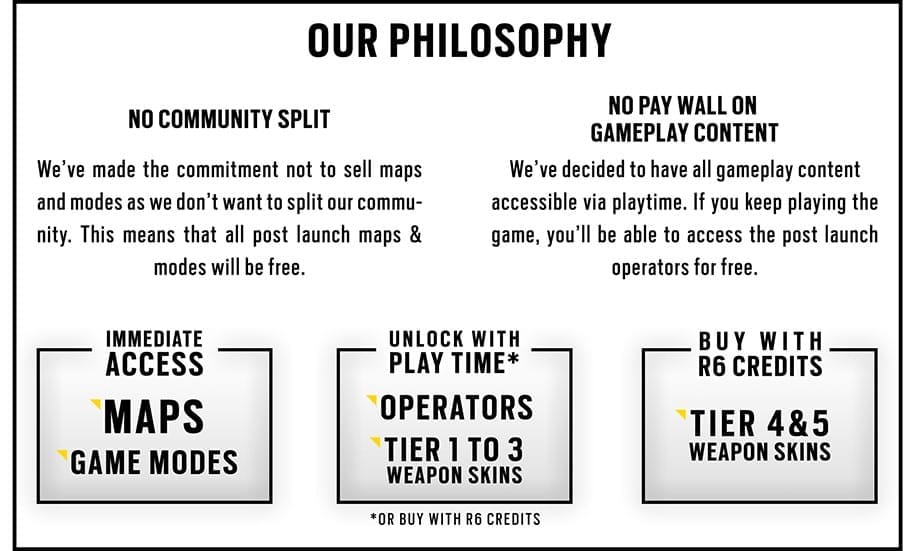
In all fairness though, it appears as though most of Rainbow 6 Siege's major vulnerabilities have been addressed, and it should be relatively smooth sailing from here on out for the game barring any unforeseen technical problems. There's always the concern that a new game can come out and sweep away Siege's audience, but given the failures of most of 2017's holiday shooters and Siege's unique gameplay mechanics, the larger and more practical concern would be whether or not Siege's audience will become too familiar with the game and seek other games for the sake of variety. There have also been valid concerns regarding the future of the game's new Operators as there are only so many gadgets that you can put into the game without things veering into implausibility, or perhaps worse yet, creating major balancing issues where a new Operator could completely invalidate or replace an older one with no downside whatsoever. These may be issues for the future, but they are important ones that Ubisoft will have to consider at one point or another if they want to maintain Siege's well-being for years to come.
Realistically speaking, and fortunately enough for Ubisoft, Rainbow 6 Siege is more or less uncontested up until the 2018 holiday season. Games like Sea of Thieves might make a noticeable dent in Siege's playerbase on occasion, but Siege has effectively cornered the market on tactical multiplayer shooters as of now, which is something that even Overwatch and Call of Duty: WWII cannot claim. Siege likely won't be a major cultural icon that defines shooters as the years go by, but it will be a shining example of how constant updates and patches saved a game that was otherwise doomed to fail.
Have a tip, or want to point out something we missed? Leave a Comment or e-mail us at tips@techraptor.net
